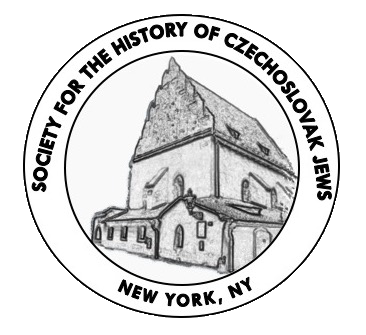Květovaný kůň (The Flowered Horse) by Karel Reiner and Norbert Fried.
“Květovaný kůň” (The Flowered Horse) is a song cycle by the composer Karel Reiner with lyrics by Norbert Fried. Reiner and Fried wrote these beautiful songs with funny, charming lyrics for Jewish children during World War II and they were first performed by children in the Prague “útulky” (playgroups of a sort). These “útulky” were set up by the Jewish Community in 1942 when the Nazis closed the Jewish school. Children gathered there to play and to listen to lectures by eminent Jewish intellectuals and people in the arts, such as Eric Saudek, the leading translator of Shakespeare. Reiner and Fried also visited the “útulky” to teach the children the “Květovaný kůň” songs.
When they were deported to Terezin, Reiner and Fried introduced these songs to children in the camp.
Karel Reiner was born in 1910 in Žatec, in Bohemia where his father was a cantor in the local synagogue. A composer and pianist, Reiner studied with and was influenced by Alois Hába, a composer and music theorist of microtonal music and Josef Suk, a composer and violinist. At times, Reiner’s compositions were considered avant-garde. He was extremely prolific and his body-of-work was quite varied, it included symphonies, chamber music, operas, as well as film music and popular songs.
In 1943 Reiner was deported to Terezín and from there to Auschwitz. He escaped from a death march and returned to Prague where he remained for the rest of his life. Despite his left-wing sympathies, in the early 50s, he was accused of formalism and forced to leave his job, but he was later reinstated. He died in Prague in 1979.
The lyricist, Norbert Fried, who was born in České Budějovice in Bohemia in 1913, was a writer who frequently collaborated with Reiner. His partnership with Reiner began at the theater of E.F.Burian, where they both worked. Among his friends and acquaintances, he was known as Nora Fried and after the war he changed the spelling of his name from Fried to Frýd to make it sound more Czech. Like Reiner he survived Terezín and Auschwitz and returned to Prague to live after the war. In 1956 he wrote a novel “Krabice živých” (“The Box of the Living”) based on his experiences in Terezín. He died in Prague in 1976.
